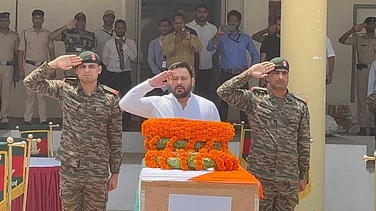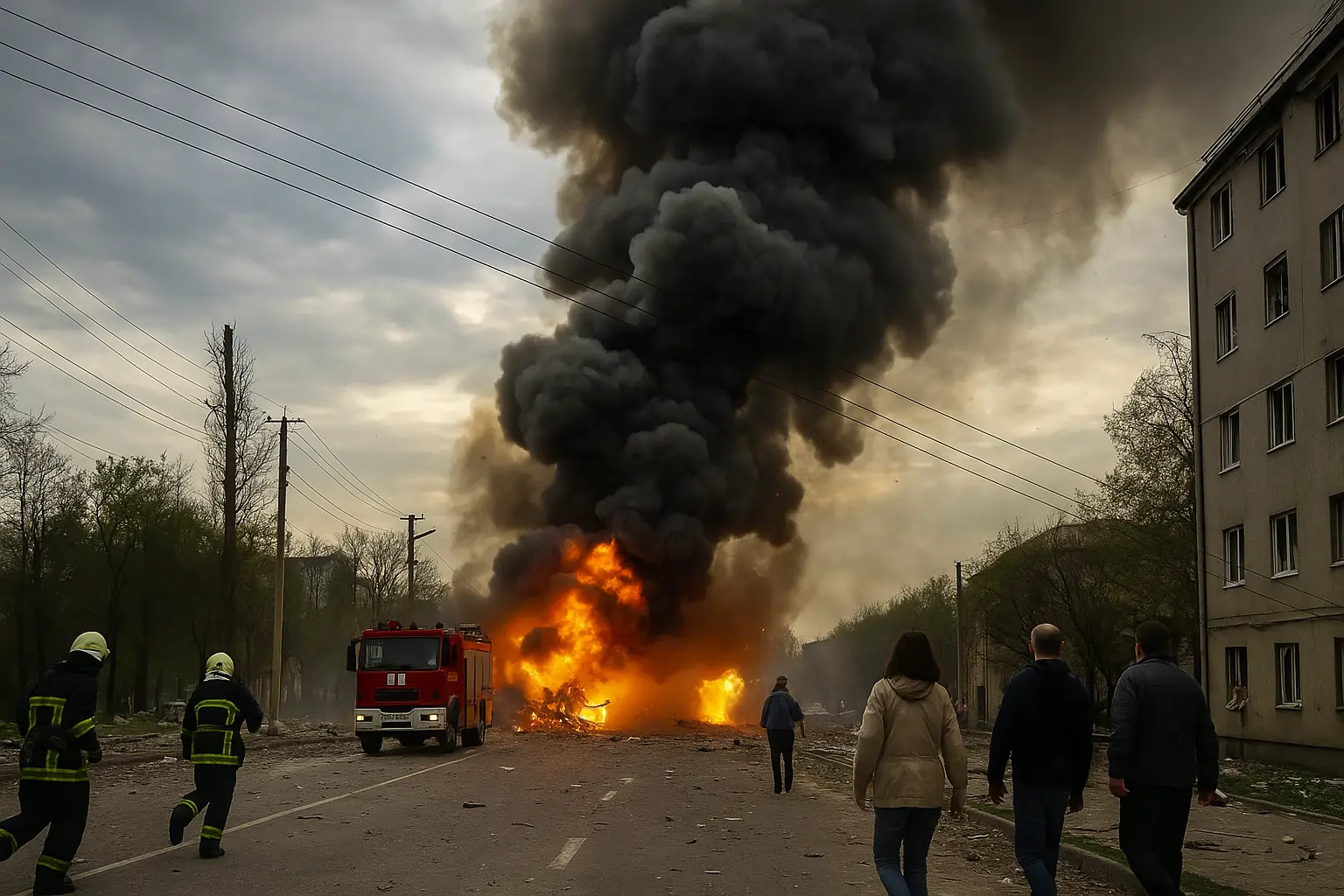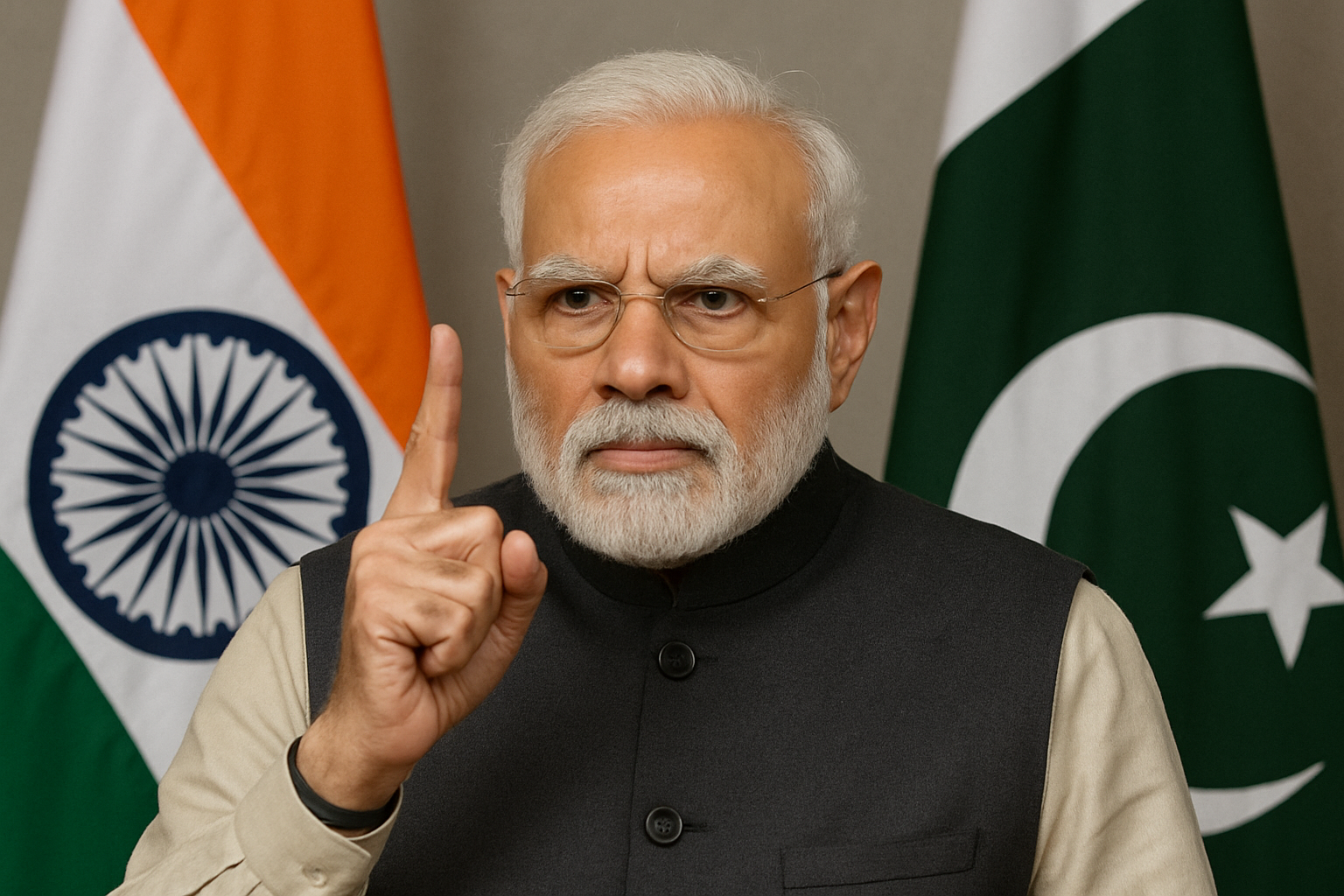The recent decision to not confer martyr status on Jawan Rambabu Singh from Siwan, Bihar, has sparked a wave of emotions, confusion, and debate among locals and the soldier’s family. Known for his dedication and sacrifice, the refusal to recognize him as a martyr has raised important questions about the criteria for martyrdom and the challenges faced by soldiers and their families.
Understanding the Situation
Rambabu Singh, who served in the armed forces with valor, lost his life under circumstances that initially appeared to merit the honor of martyrdom. However, after a detailed inquiry and review by the relevant military and government authorities, it was decided that his death does not meet the official criteria required for martyr status.
The reasons for this decision often revolve around technical definitions set by the Ministry of Defence and armed forces regulations, which typically require the death to occur in active combat or as a direct result of hostile enemy action. In Rambabu Singh’s case, the exact circumstances did not align with these established conditions, leading to the denial of the title.
The Emotional Toll on Family and Community
For the family of Rambabu Singh, this decision has been deeply painful. Martyrdom carries not only the prestige of ultimate sacrifice but also certain benefits, support, and recognition for the family. Without this status, they face a difficult emotional and financial situation.
Local community members have expressed solidarity with the family, with many believing that the soldier’s sacrifice deserves full acknowledgment, irrespective of the technicalities. Several voices have called for a reconsideration or a more compassionate approach to such cases, highlighting the need to honor those who serve their country in all capacities.
What Defines Martyrdom?
Martyrdom in the Indian armed forces is defined through strict criteria, aimed at ensuring the title reflects a soldier’s sacrifice under specific circumstances, mostly related to combat situations or terror-related violence. This definition is meant to maintain a clear and uniform standard for honoring those who have died defending the nation.
However, this strict definition sometimes leaves out brave soldiers who lose their lives in other service-related scenarios such as accidents, illnesses contracted during service, or non-combat situations.
Calls for Policy Review
The case of Rambabu Singh has reignited debates about the need to broaden the scope of martyrdom or create additional categories to recognize different types of sacrifices made by soldiers. Advocates argue that many soldiers face life-threatening dangers beyond direct combat and deserve acknowledgment for their ultimate dedication.
Some policymakers and veteran organizations have suggested introducing intermediate honors or special recognition that can provide families with both dignity and support, even if the soldier’s death does not fit the narrow combat-related criteria.
Moving Forward
As the family copes with the loss, public empathy and media attention have brought much-needed awareness to the challenges of honoring soldiers in diverse circumstances. For many, Rambabu Singh’s service and sacrifice remain heroic, regardless of official titles.
This case highlights the broader issue of how societies recognize and support those who serve, ensuring that respect and gratitude extend to all forms of sacrifice.
Also read- Imran Pratapgarhhi reached Bihar to pay tribute to the martyr, ‘Sadly it is that…’






